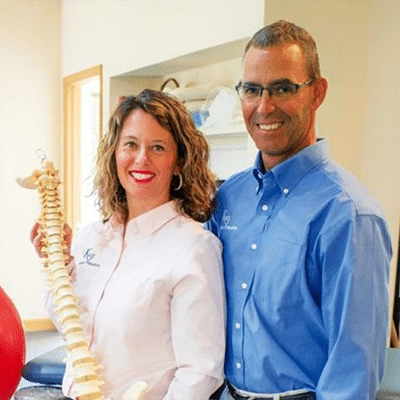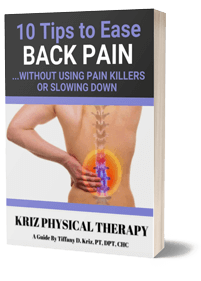Tendinitis, often referred to as tendonitis, is a common orthopedic condition that affects millions of people worldwide. It occurs when a tendon—the thick, fibrous cord that attaches muscles to bones—becomes inflamed or irritated. This condition can cause pain, discomfort, and limited mobility, but with proper understanding and management, individuals can find relief and regain their quality of life. In this comprehensive guide, we’ll explore tendinitis in detail, covering its causes, symptoms, treatment options, and preventive measures.
What Causes Tendinitis?
Tendinitis can develop for a variety of reasons, but some common causes and risk factors include:
Overuse and Repetitive Motion: Engaging in activities that involve repetitive motions or overuse of certain tendons, such as frequent typing or playing sports, can lead to tendinitis.
Aging: As we age, tendons naturally become less flexible and more prone to inflammation and injury.
Improper Technique: Using incorrect techniques or equipment during physical activities can increase the risk of tendinitis.
Inadequate Warm-Up: Skipping warm-up exercises before strenuous physical activities can strain tendons and lead to tendinitis.
Medical Conditions: Some conditions like diabetes, rheumatoid arthritis, and gout can contribute to the development of tendinitis.
Common Symptoms of Tendinitis
The symptoms of tendinitis can vary depending on the affected tendon, but some general signs to watch for include:
Pain and Tenderness: Tendinitis typically presents as pain and tenderness in the affected area. The pain may be mild or severe.
Stiffness: Stiffness in the joint near the inflamed tendon, especially after periods of inactivity or rest.
Swelling: In some cases, there may be noticeable swelling around the affected tendon.
Limited Range of Motion: Tendinitis can lead to a reduced range of motion, making it difficult to perform certain movements.
Diagnosis and Treatment
If you suspect you have tendinitis, it’s essential to consult a healthcare professional for a proper diagnosis. A healthcare provider will typically perform a physical examination, review your medical history, and may order imaging tests such as X-rays or ultrasound to confirm the diagnosis.
Treatment for tendinitis often includes a combination of the following:
Rest: Avoid activities that exacerbate the pain and allow the affected tendon to heal.
Ice and Heat: Applying ice packs can help reduce inflammation, while heat can promote blood flow and relaxation of the affected area.
Medications: Nonsteroidal anti-inflammatory drugs (NSAIDs) can alleviate pain and reduce inflammation.
Physical Therapy: A physical therapist can design an exercise program to strengthen the affected tendon and improve flexibility.
Corticosteroid Injections: In severe cases, corticosteroid injections may be used to reduce inflammation and pain.
Orthotics: Custom-made orthotic devices can provide support and alleviate stress on tendons.
Surgery: In rare cases where conservative treatments fail, surgical intervention may be necessary to repair or remove damaged tissue.
Preventing Tendinitis
While tendinitis can be challenging to completely prevent, you can take steps to reduce your risk:
Proper Technique: Ensure you use proper techniques and equipment when engaging in physical activities.
Warm-Up: Always warm up before exercising or participating in sports.
Rest and Recovery: Allow your body sufficient time to recover between activities, especially if you engage in repetitive motions.
Ergonomics: Maintain ergonomic workspaces to reduce the risk of tendinitis from repetitive tasks.
Stretching: Incorporate regular stretching into your routine to maintain tendon flexibility.
Strength Training: Build strength in the muscles around the affected tendons to provide better support.
Tendinitis is a common and treatable condition that can affect people of all ages and backgrounds. By understanding its causes, recognizing its symptoms, seeking prompt medical attention, and following appropriate treatment and preventive measures, individuals can effectively manage tendinitis and minimize its impact on their daily lives.
If you or a loved one is experiencing symptoms of tendinitis, don’t hesitate to reach out to us at Kriz Physical Therapy, P.A. located in Bonita Springs, FL. Our dedicated team of experts is here to provide you with the care and support you need on your journey to recovery.
Contact us today at 239-992-6700 to schedule a consultation and take the first step towards a pain-free and active lifestyle. Your health and well-being are our top priorities, and we look forward to helping you overcome tendinitis and regain your quality of life.




